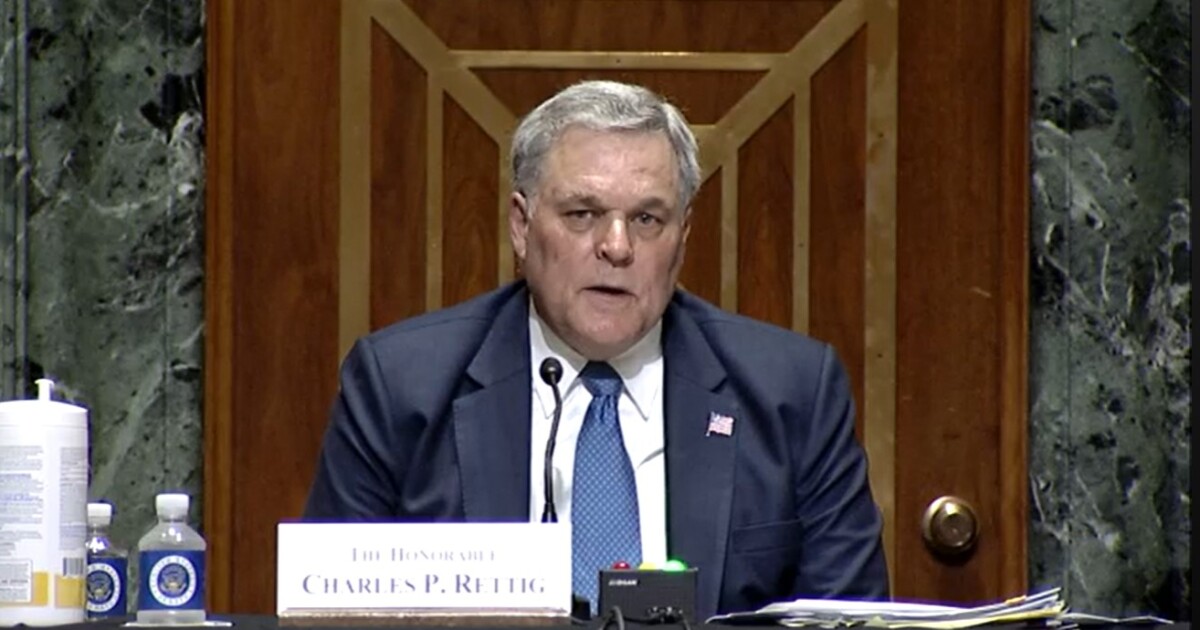Protecting Your Business’s Financial Lifeline
In today’s digital business environment, backing up bookkeeping data is not just a good practice—it’s a critical part of financial management. Your financial records are among your company’s most valuable assets. Losing them can lead to serious consequences, from lost revenue and legal penalties to a complete breakdown of operations. Whether you’re a small business owner or a large enterprise, understanding the importance of data backup in bookkeeping can save you from irreversible damage.
Why Financial Data Backup Matters
Financial data backup is essential because data loss can happen at any time. It can come from hardware failures, cyberattacks, software crashes, natural disasters, or even simple human mistakes. One accidental deletion or system crash could wipe out years of financial records, including invoices, receipts, tax filings, payroll data, and customer information. Without a solid backup plan, restoring that information can be impossible, leading to compliance violations and major setbacks.
Business Continuity and Bookkeeping Reliability
One of the main goals of any data backup strategy is business continuity. When your financial information is backed up and easily restorable, your business can continue to function even after an unexpected event. This minimizes downtime and ensures your bookkeeping stays accurate and up to date. Whether you face a cyberattack or a flood, a reliable backup ensures you can access your critical financial records and get back on track quickly.
Follow the 3-2-1 Backup Rule
A best practice for data backup is the 3-2-1 rule, which stands for:
- 3 copies of your data (one primary and two backups)
- 2 different types of media (for example, a computer hard drive and an external USB drive)
- 1 copy stored off-site, such as in a secure cloud-based system
This approach protects your financial data from all types of risks, including physical theft or natural disasters that could destroy all on-site backups.
Use Cloud Backup Solutions
Modern cloud accounting software like QuickBooks Online, Xero, and FreshBooks often include automatic data backup features. These platforms store your information in secure, off-site servers and regularly update your data in real time. While this offers a great layer of protection, businesses should still maintain independent backups—either through cloud storage providers like Google Drive or Dropbox or through physical external drives.
Automate Your Backup Schedule
To avoid the risk of forgetting manual backups, it’s smart to set up automated backup schedules. Most businesses benefit from:
- Daily incremental backups (to capture changes made each day)
- Weekly full backups (to maintain a complete and up-to-date copy)
Additionally, consider making extra backups after major financial activities, such as closing the month or completing annual reports. This ensures that your most important financial data is stored securely at critical checkpoints.
Test Your Backup Systems Regularly
Backing up your data is only half the job. The other half is making sure you can successfully restore it when needed. Many businesses make the mistake of assuming their backup systems work, only to discover too late that their files are corrupted or inaccessible. Set a quarterly schedule to test your backup restoration process. Restore files in a test environment and make sure they are complete, accurate, and usable.
Keep Backup Data Secure
Your financial data contains sensitive business information, including banking details, employee records, and customer data. This means your backup system must be just as secure as your main systems. Use strong encryption, require password protection, and enable multi-factor authentication (MFA) on your cloud accounts. Make sure that only authorized personnel have access to backup files, and regularly audit access permissions.
Store Physical Backups Off-Site
If you use external hard drives or USB devices for backup, store at least one copy off-site. Keeping all backups in the same location exposes your data to risks like fires, floods, or theft. Consider storing a copy at a trusted partner’s office, a secure storage facility, or even using a backup vaulting service.
Stay Compliant with Legal and Tax Requirements
In many industries, financial records must be retained for several years to meet legal and tax obligations. Failing to back up your bookkeeping data can result in penalties during audits or investigations. Keeping reliable backups helps you meet these requirements, providing a digital paper trail of your financial activities.
Make Backup Part of Your Financial Strategy
Treat your bookkeeping backup system as an essential part of your business strategy. It’s not just about preventing disaster—it’s about preserving your financial history, supporting compliance, and keeping your business running smoothly. Regular data backups give you peace of mind and a safety net to fall back on when the unexpected happens.
Conclusion: Backup for Long-Term Success
Backing up your bookkeeping data is one of the smartest moves you can make to protect your business. With cyber threats rising and unexpected issues always a possibility, a strong data backup system ensures your financial records are always safe, accessible, and intact. By following best practices like the 3-2-1 rule, automating schedules, securing your data, and regularly testing your system, you build a reliable foundation for your financial operations. Make data backup a non-negotiable part of your bookkeeping routine, and you’ll be well-prepared for whatever challenges come your way.


 Economics1 week ago
Economics1 week ago
 Accounting1 week ago
Accounting1 week ago
 Economics1 week ago
Economics1 week ago
 Economics1 week ago
Economics1 week ago
 Economics1 week ago
Economics1 week ago
 Personal Finance1 week ago
Personal Finance1 week ago
 Economics1 week ago
Economics1 week ago
 Personal Finance1 week ago
Personal Finance1 week ago












